As the world's largest military organization today, changes in NATO's defense spending are always the focus of international attention.
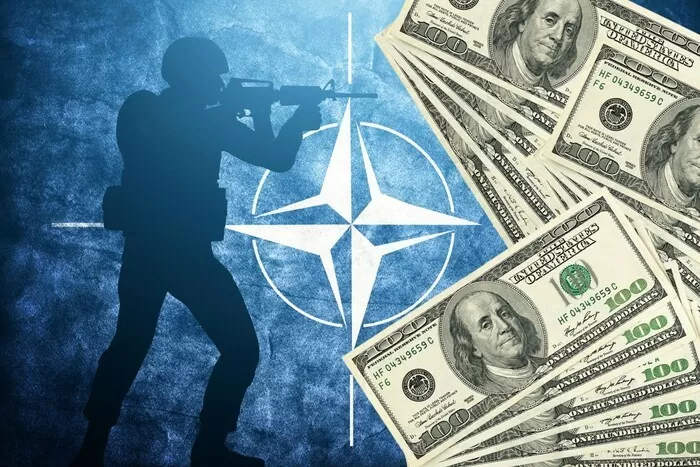 |
| Military spending by European NATO member countries in 2024 will increase by nearly 20% compared to 2023. (Source: Deposit Photo) |
After the Russia-Ukraine conflict broke out, NATO began to feel more urgent about increasing its defense buildup, believing that its current defense investment was not enough to continue supporting Ukraine. Many European countries that were initially reluctant to increase military spending also began to change their attitudes.
Record defense spending
Military spending by European NATO member countries in 2024 increased by nearly 20% compared to the previous year, especially the German government, with a total defense budget for fiscal year 2024 of $73.41 billion, setting a record for German defense spending and reaching the NATO standard for the first time - defense spending accounts for 2% of GDP.
France's defense budget for fiscal year 2024 will reach $49.7 billion, up 7.5% from the previous year, setting a new record since the Cold War.
In December 2024, at the NATO Foreign Ministers' Conference, some representatives of NATO's European member states proposed increasing the ratio of military spending to GDP of each country from 2% to 3% by 2030, which is expected to be approved at the NATO Summit in June 2025.
In addition, with President Donald Trump returning to the White House, European members of NATO also hope to demonstrate their goodwill to cooperate with the US by increasing military spending. Therefore, the 2% military spending level will increasingly become the basic standard for NATO, instead of the "ceiling" initially set.
Budget pressure
Despite their growing willingness to increase military spending, NATO member states still face many difficulties in actual operations. Currently, NATO's European members still have limitations in intelligence, surveillance and reconnaissance capabilities, such as a lack of satellites that can cover enemy territory and long-range helicopters that can transport defense equipment and large numbers of troops.
In addition, a significant increase in defense spending will also put great pressure on the budgets of the countries involved. In the context of generally weak economic growth in Europe, increasing defense spending will inevitably require cutting public spending such as social security budgets, which is likely to cause opposition, leading to the rise of populism, extremism and even political instability.
In fact, France and Germany have already failed to pass a parliamentary vote of confidence due to excessive financial pressure. If military spending standards continue to be raised, similar things could happen in other member states, bringing greater burdens and psychological crises to these countries.
Source: https://baoquocte.vn/nato-va-ganh-nang-tang-chi-tieu-quoc-phong-303494.html






























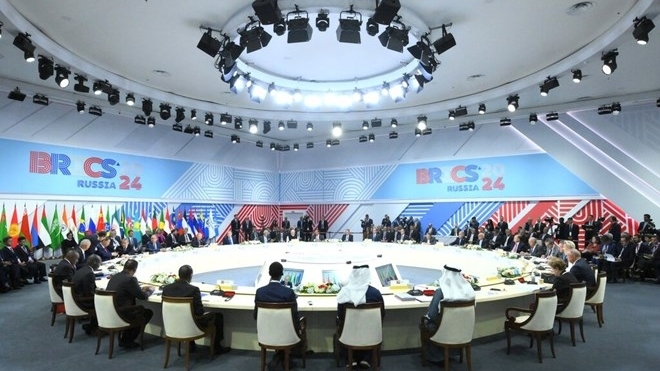
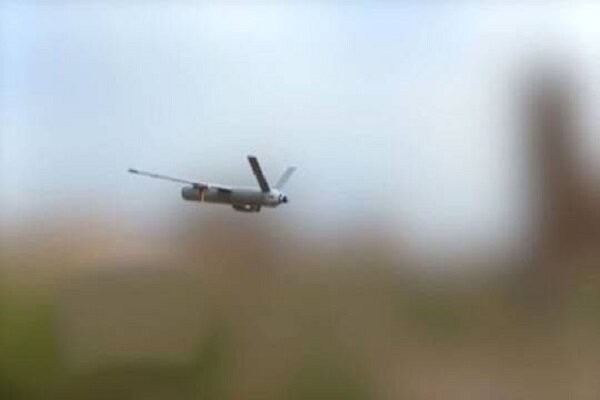
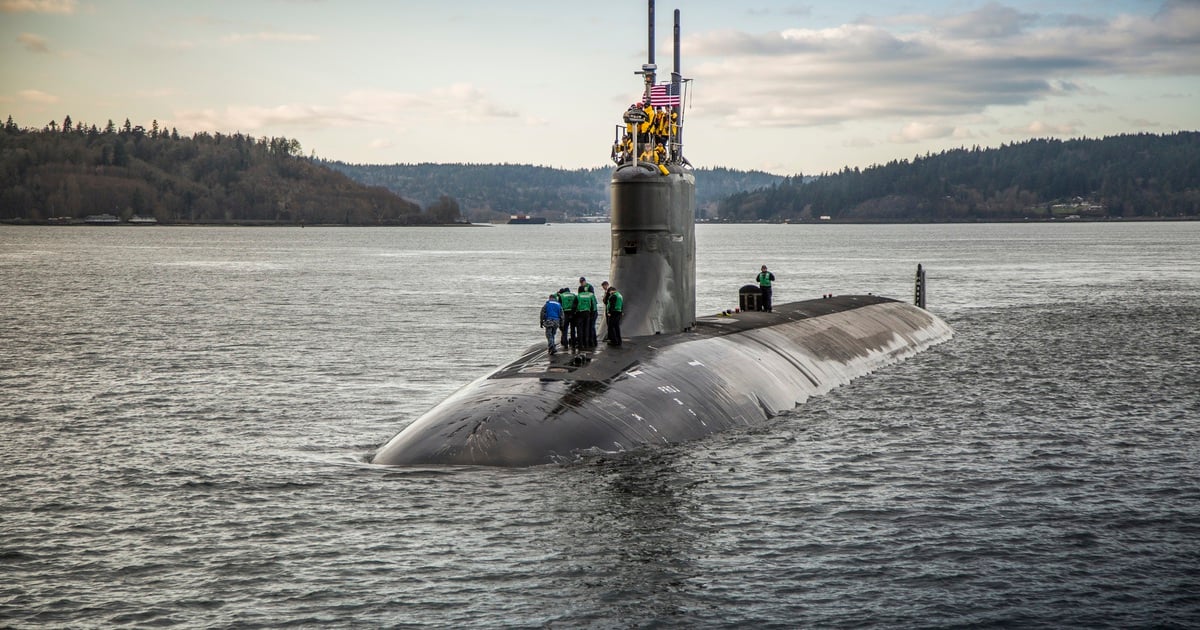

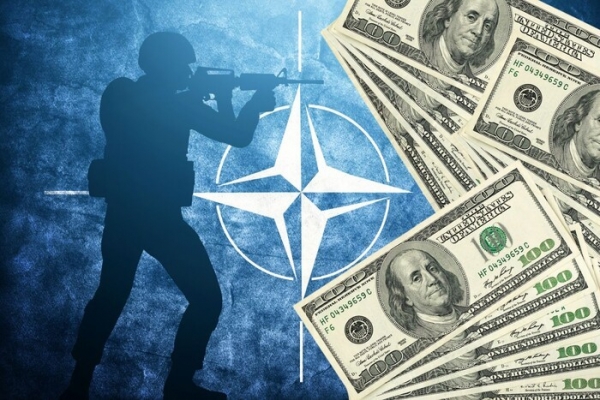
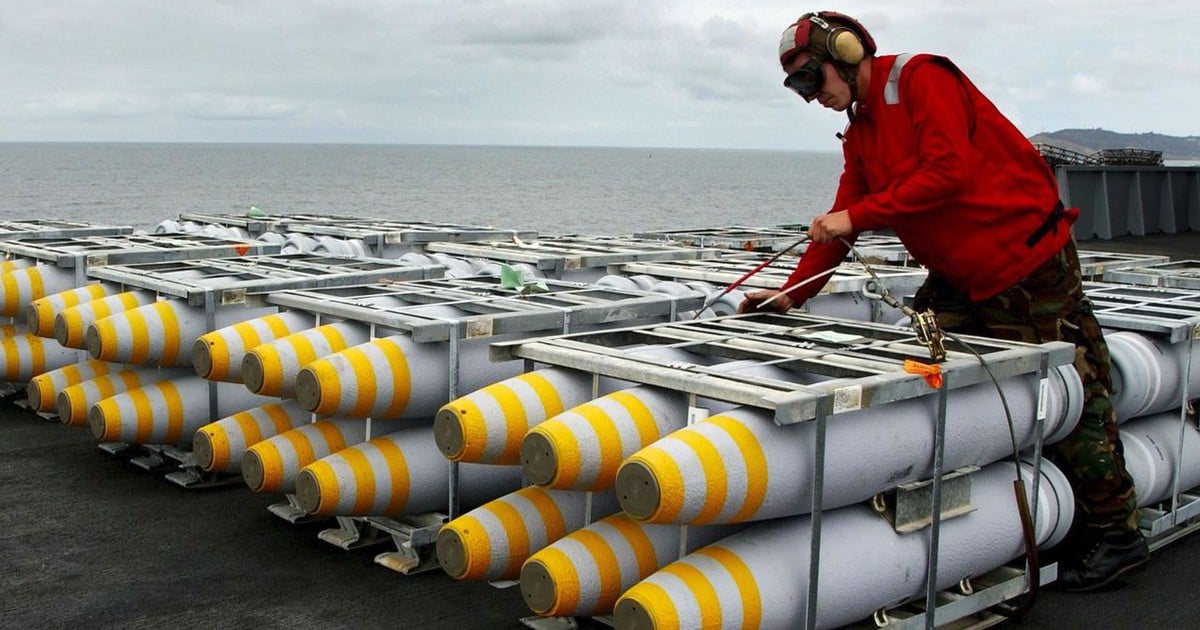
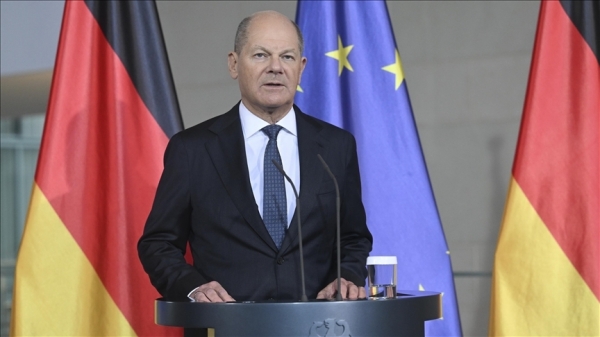
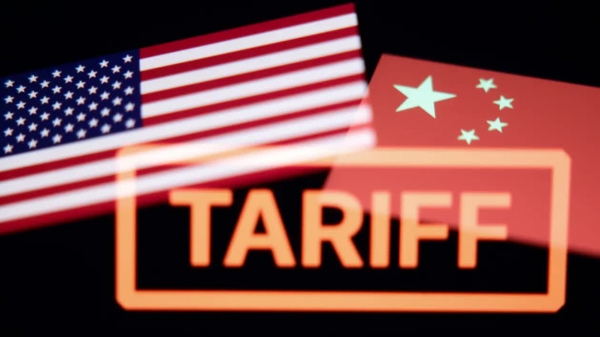


















Comment (0)